Once, it was perfectly acceptable to believe that people of certain ethnicities were 'better' or 'worse' than others, and that white people were on top of the pile as the smartest, the best, even the 'most evolved'. To justify these beliefs, people could turn to race science to find 'evidence' of their inherent superiority.
Though our modern understanding of genetics and evolution has since refuted the claims made by race science and eugenics throughout science history, the views they supported have not yet disappeared from our society's understanding of race.
Subhadra Das is a writer, historian, and sometimes a comedian. She specialises in the history and philosophy of science in the 18th and 19th Centuries, particularly the science of race and eugenics.She is one of the curators of the science collections at University College London, whilst currently working on her own nonfiction book about the history of eugenics.
Subhadra has chosen her top 5 science books on race that will clear up misconceptions and replace pseudoscience with scientific evidence.
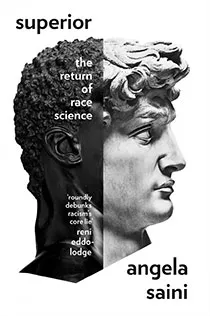
Superior: The Return of Race Science
Angela Saini
I’m actually in this book, which meant reading it was a really interesting experience.
Superior is an absolutely phenomenal book. Angela is a hero. It's not simply that she has created a really forensic and detailed deconstruction of racism as it's being carried out today, by some really horrendous practitioners.
But she's also revealed how insidious ideas to do with race are in our society today. So, if people haven't read it, I really couldn't recommend the book more, even with the caveat that I am in it.
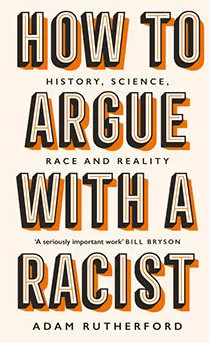
How to Argue with a Racist
Adam Rutherford
£12.99, Weidenfeld and Nicolson
One of the people who writes about this habitually, and well, is Adam Rutherford. His latest book is called How to Argue with a Racist – I don't necessarily agree with Adam on this, I think the best thing to do with racists is to not talk to them – but, credit to him, he is willing to do that and he's willing to do that work.
And so his book is the basis of that argument and how you build that argument from the point of view of the geneticist, which I think is really very important.
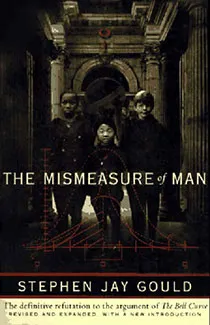
The Mismeasure of Man
Stephen Jay Gould
£13.99, W. W. Norton & Company
The science writer that is an absolute hero to me is the late, great Stephen Jay Gould.
His 1981 book, The Mismeasure of Man, was him as a scientist attacking race science using science as a tool. It goes to demonstrate that science can be anti-racist. And I think that is an encouraging thing for a lot of people.
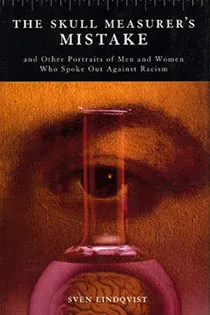
The Skull Measurer’s Mistake
Sven Lindqvist
I'm a historian and I don't think science is the only way in which we can combat racism. So, one of my particular favourite books is by a writer called Sven Lindqvist, and it's The Skull Measurer’s Mistake.
It's a brilliant book that outlines in each individual chapter people who spoke up against racism. And I think that's a really important bit of the history that often gets left out.
See more reading lists of science books:
- AI: 5 of the best must-read artificial intelligence books
- Five best physics books, according to Jim Al-Khalili
- 8 really, really big books about space
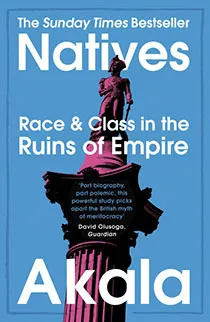
Natives: Race and Class in the Ruins of Empire
Akala
I realise I’ve mentioned a fair few science books by white men. Because guess what? There's not a huge number of scientists of colour who have had books published.
But now we see books by people of colour working their way to the top of the non-fiction charts – which is, in ways, both depressing but also kind of hopeful – and in order to redress the balance of my list I’m choosing a book by Akala called Natives: Race and Class in the Ruins of Empire.
So, if you really wanted to know about this history and just how it affects real people, then that is a phenomenal book to read. It's not a science book. But science is still part of society, and we need to get better at acknowledging that, too.